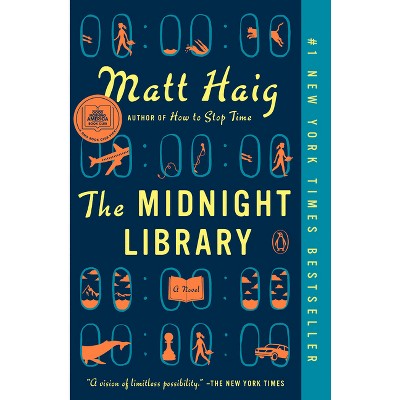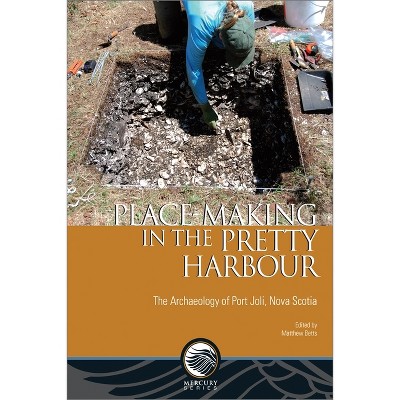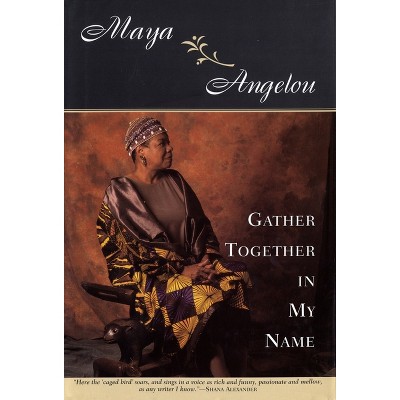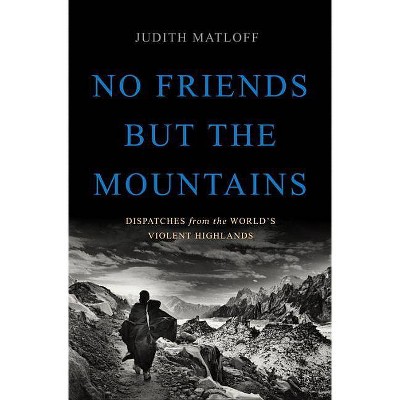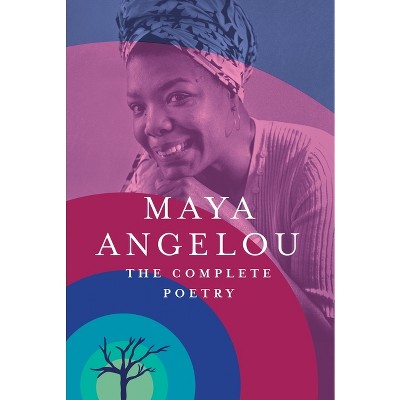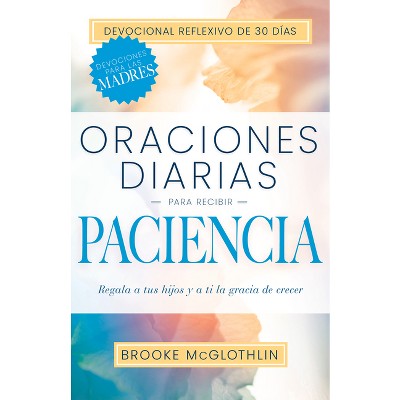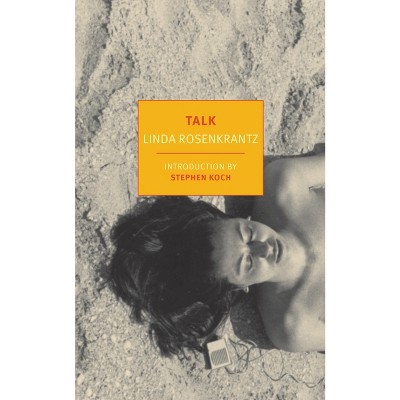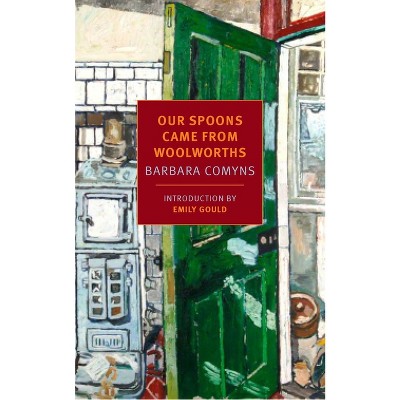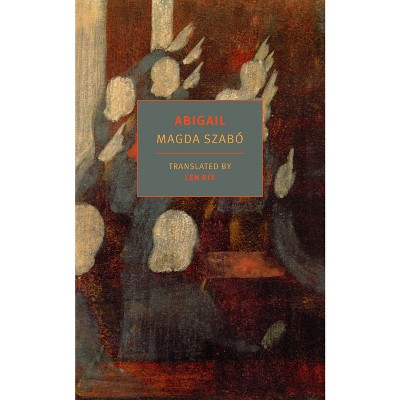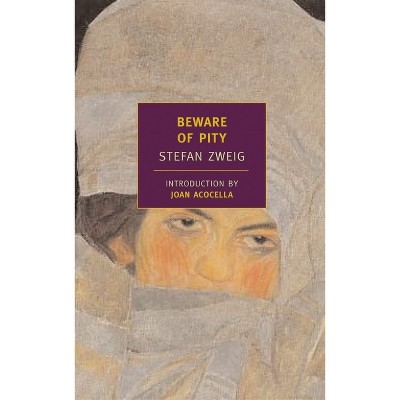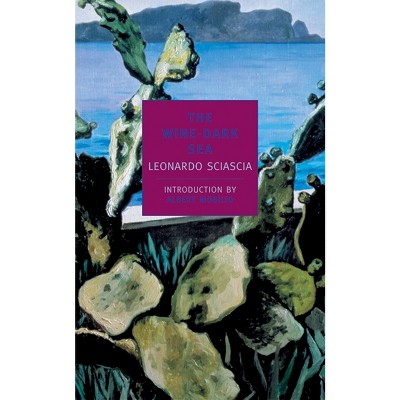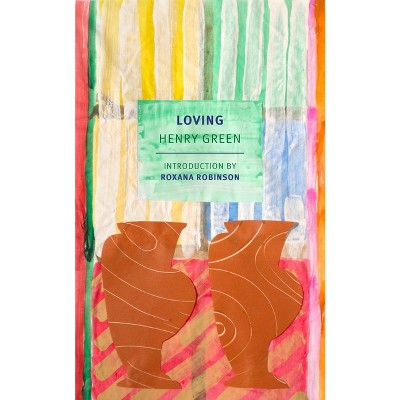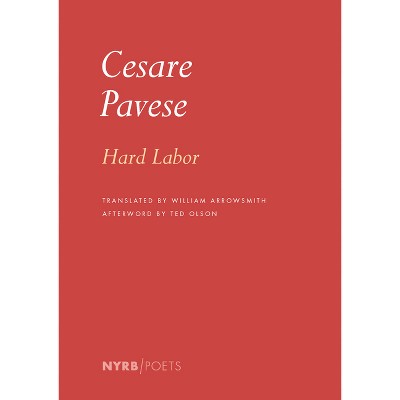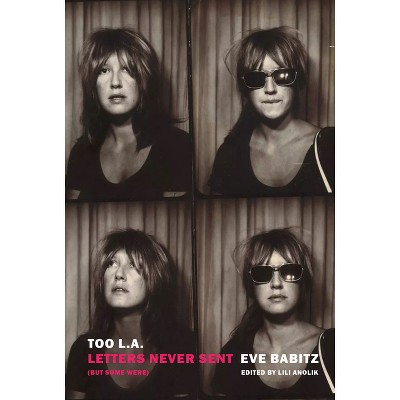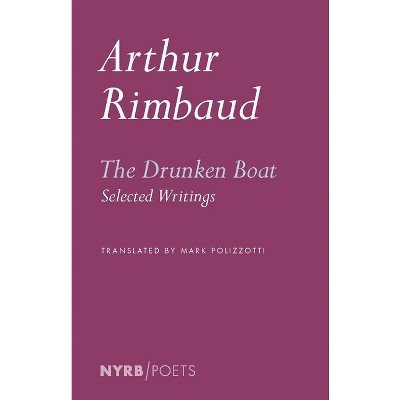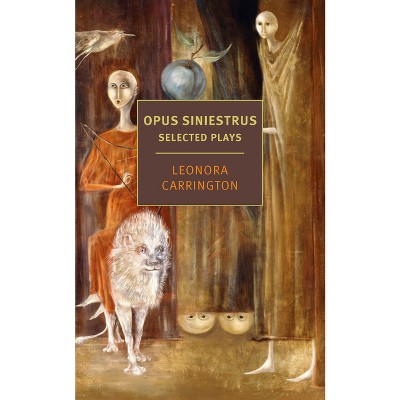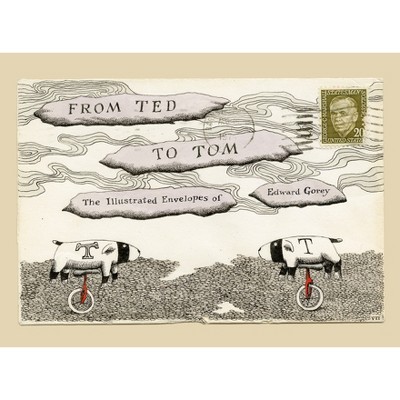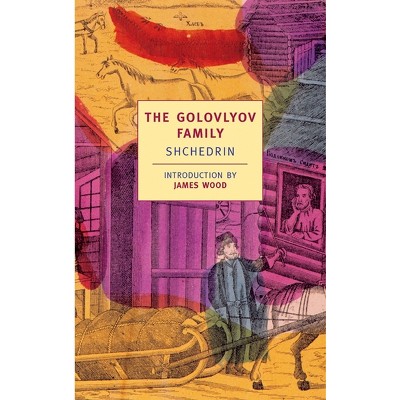Sponsored

The Unforgivable - by Cristina Campo (Paperback)
$17.62Save $1.33 (7% off)
In Stock
Eligible for registries and wish lists
Sponsored
About this item
Highlights
- Thrilling, stylish essays about everything from flying carpets and Doctor Zhivago to God and Shakespeare, by a rediscovered Italian writer.Christina Campo published only two short collections of essays in her lifetime: Fairy Tale and Mystery (1962) and The Flute and the Carpet (1971).
- About the Author: Cristina Campo (1923-1977) was born in Bologna and brought up in Florence.
- 288 Pages
- Literary Collections, European
Description
About the Book
"In the biographical note accompanying one of her books, Cristina Campo said of herself: "She has written little and would like to have written less". That little is almost all collected in this book and will impose an observation on every perceptive reader: these pages belong to the most beautiful Italian prose has been shown in the last fifty years. Cristina Campo was unforgivable, in the sense that the word has in the essay that gives the title to this book: like Marianne Moore, like Hofmannsthal, like Benn, like Weil, she had the "passion for perfection". She could not otherwise have written the pages that are read here on Chopin or on the fairy tale, on the Arabian Nights or about language. "I salute a wisdom among the strangest today" Ceronetti once wrote from Campo. Perhaps the time has come for readers to realize that in Italy, among so many promoters of their own mediocrity, this "trappist of perfection" also lived"--Book Synopsis
Thrilling, stylish essays about everything from flying carpets and Doctor Zhivago to God and Shakespeare, by a rediscovered Italian writer.Christina Campo published only two short collections of essays in her lifetime: Fairy Tale and Mystery (1962) and The Flute and the Carpet (1971). The Unforgivable and Other Writings brings together both volumes, along with a selection of essays on literature and an autobiographical short story, offering readers of English the first full-length portrait of a writer who has long been admired in Italy and abroad. Campo's subjects range from the canonical to the esoteric. She writes stylishly about Shakespeare and Doctor Zhivago, as well as flying carpets, sprezzatura, and the theophagic origins of the Latin liturgy. Her passion for Marianne Moore and T. S. Eliot makes her a modernist, but like these American counterparts she is a modernist preoccupied by the deep past and by her desire to escape from personality through sustained attention to form. For Campo, writing was a spiritual discipline, and her sentences are at once wonderfully and wildly alive and serenely self-effacing. "I have written little," she once said, "and would like to have written less."
Review Quotes
"Christina Campo was an anchorite with worldly manners [and] the face of a fifteenth-century Tuscan statue. She lived amid contradictions, between hope and despair, passion and scorn, gentleness and rage. She had a sovereign sense of limits and frontiers, but her soul was immoderate. She longed for the unknown homeland, the God hidden behind the visible gods." --Pietro Citati "Campo's language, steeped overlong in ritual, comes on like a sibyl's breath....I imagine you could spend a lifetime with Campo's work and never get to the bottom of her devotion to fairy tales." --Bailey Trela, The Baffler "Campo was an obscure essayist who translated a few books, wrote introductions to a few more, and composed a small number of poems; yet she may have been, in her way, a genuine prophet. Indeed, it seems possible that, despite her miniature scale of production, she could be the greatest writer in any language of the entire postwar period. Certainly she is one of the only ones who bears comparison with writers like Blaise Pascal and Giacomo Leopardi, whose literary and philosophical work was a matter of survival, to help them endure chronic illness, and come to terms with the mysteries of suffering." --Jaspreet Singh Boparai, The Lamp Magazine "Eschewing the Romantic idolisation of the imagination, Campo argues that fairy tales are the surest guides to reality, the paths on which we travel to the real...It was because she was dedicated to the pursuit of sprezzatura in her life, as well as in her writing, that she was able to find a joyful way of being in the world, and that she was able to stand back--though never aloof--from the controversies of her day to produce the numinous prose we are now so fortunate to have in an English translation." --Roy Peachy, European Conservative "Campo's creativity was a vocation in the truest sense; always at a remove, indifferent to attention or success....Perfection was her theme, aesthetic as well as moral." --Jhumpa Lahiri
About the Author
Cristina Campo (1923-1977) was born in Bologna and brought up in Florence. A congenital heart malformation kept Campo out of school and social life for much of her childhood, forcing her into a reclusion enlivened by her reading. A bona fide autodidact, she had by her teens begun to read deeply in Italian, French, German, Spanish, and English literature. After World War II, Campo moved to Rome, where she became acquainted with Eugenio Montale, Curzio Malaparte, and Roberto Bazlen, among others. Intensely private, she almost always published under pseudonyms (Cristina Campo being one of them) and translated--Simone Weil, Katherine Mansfield, Emily Dickinson, Virginia Woolf--far more than she wrote. Although she had always been a Catholic, in the 1960s Campo's faith became more fervent; she spent long periods in convents and strongly opposed the Second Vatican Council's relinquishment of the Latin liturgy. Her heart continued to cause her serious trouble throughout her life, and she died in Rome at the age of fifty-three. Alex Andriesse was born in Cedar Rapids, Iowa, in 1985. His stories, essays, and poems have appeared in Granta, The Review of Contemporary Fiction, Prodigal, and Literary Imagination. He has translated several works from Italian and French, including Bernardo Zannoni's My Stupid Intentions, available from New York Review Books, and the first two parts of François-René de Chateaubriand's Memoirs from Beyond the Grave. He is an associate editor at New York Review Books. Kathryn Davis is the author of eight novels, most recently The Silk Road, and a memoir, Aurelia Aurélia. She is the senior fiction writer on the faculty of the writing program at Washington University.Dimensions (Overall): 8.01 Inches (H) x 5.14 Inches (W) x .37 Inches (D)
Weight: .65 Pounds
Suggested Age: 22 Years and Up
Number of Pages: 288
Genre: Literary Collections
Sub-Genre: European
Publisher: New York Review of Books
Theme: Italian
Format: Paperback
Author: Cristina Campo
Language: English
Street Date: February 6, 2024
TCIN: 89186591
UPC: 9781681378022
Item Number (DPCI): 247-21-7811
Origin: Made in the USA or Imported
If the item details aren’t accurate or complete, we want to know about it.
Shipping details
Estimated ship dimensions: 0.37 inches length x 5.14 inches width x 8.01 inches height
Estimated ship weight: 0.65 pounds
We regret that this item cannot be shipped to PO Boxes.
This item cannot be shipped to the following locations: American Samoa (see also separate entry under AS), Guam (see also separate entry under GU), Northern Mariana Islands, Puerto Rico (see also separate entry under PR), United States Minor Outlying Islands, Virgin Islands, U.S., APO/FPO
Return details
This item can be returned to any Target store or Target.com.
This item must be returned within 90 days of the date it was purchased in store, shipped, delivered by a Shipt shopper, or made ready for pickup.
See the return policy for complete information.
